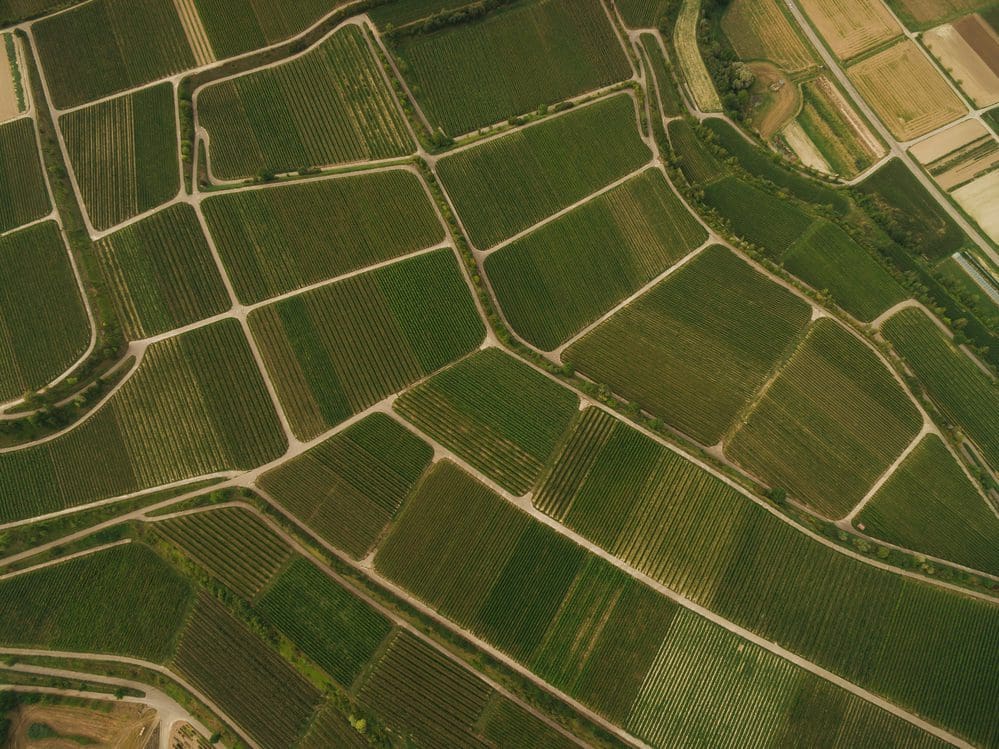Land deeds play an essential role in the oil and gas industry. The complex interplay of property rights and leases is a challenge for exploration and production companies. As a landman, you should familiarize yourself with the various types of land deeds that you may run across in the course of your work.
In the following sections, the seller or entity transferring title to another entity is also known as the grantor. The buyer or entity receiving title to the property is the grantee.
General Warranty Deeds
A general warranty deed affords the most comprehensive conveyance and protection to the grantee. General warranties include warranties or covenants that the seller conveys with the title. The law governing warranty deeds differs between states; however, most include the language “convey and warrant” and “warrant generally.”
Most general warranty deeds cover the warranty of good title and against encumbrances.
Grant Deeds
A grant deed transfers the property plus any interest. Interest is transferred from the seller for a previously agreed price. A grant deed guarantees the property is being sold free of debt but does not guarantee the property is free of defects.
Most grant deeds warrant that there are no other claimants to the title and property and that there are no liens or other restrictions on the property. However, there is no warranty against third party claims.
Grant deeds are often used in circumstances such as divorce proceedings. It avoids a requirement to reassess property tax values.
Not all U.S. jurisdictions offer grant deeds.
Deeds with Limited or No Warranties
Special Warranty Deeds
Special warranty deeds cover title defects arising during the grantor’s ownership. It also allows cures for any title defects in order to complete the sale.
- A special warranty deed provides fewer guarantees than a general warranty deed. The title is typically conveyed with the phrase “Grantor remises, releases, alienates and conveys.”
- It provides no guarantee against title defects or encumbrances present when the grantor received the property.
- It does not obligate the grantor to take any further action after title transfer.
Under a special warranty deed, the grantor warrants only that they received the title and the property was not encumbered during their period of ownership. The grantee could fall afoul of title defects or encumbrances that occurred prior to the grantor’s ownership.
Bargain and Sale Deeds
Bargain and sale deeds are used for real estate sales or court-seized property. It acts like a quitclaim deed except that there is a transfer of money, illustrating that the seller does not fully own the property or other issues. However, it can be written with covenants, rather like a grant deed.
- Bargain and sale deeds do not guarantee that the land on sale is free of encumbrances.
- It only implies the grantor has a title, but it may or may not have defects.
- Typical terms include the grantor “grants and releases” or “grants, bargains, and sales.”
Bargain and sales deeds are used for foreclosure or tax sales since the grantor usually is an institution or tax authority that does not occupy the land.
Quitclaim Deeds
The grantor terminates or “quits” any right and claim to the property. It contains no title covenant and no warranty for the status of the title.
- A quitclaim deed provides no warranties.
- It conveys the interest the grantor had in the property and nothing more.
- There may be full title, but the grantor does not guarantee it.
A quitclaim deed is used when the grantor does not wish to assume further liability or guarantee title, to cure a title defect, or when the grantor’s title is not clear. Quitclaim deeds are most often used between trusted family and friends or between a landowner and his or her limited liability business entity.
Quitclaim deeds may also be used to remove a known title defect that is not in dispute. It can later be transferred through a warranty deed. However, quitclaim deeds may impact title insurance coverage and protection against future claims.
Deeds Held by Trust
Deed of Trust
Deeds of trust or deeds in trust convey title from a trustor to a trustee to benefit a beneficiary. They are often used in place of a mortgage or, more typically, as part of the mortgage process. It involves three parties instead of two, with the addition of a trustee such as a title company, to a borrower (trustor) and a lender (beneficiary).
A deed of trust eases a lender’s way to foreclosure if a borrower defaults on a home loan. Sixteen states allow mortgages only, 26 only allow deeds of trust, and nine states allow either instrument.
Reconveyance Deed
Reconveyance deeds convey title from the trustee back to the trustor.
Trustee’s Deed
A trustee’s deed conveys title to another party who is not the trustor, typically to the beneficiary. It must state that the deed was executed according to the terms of the trust.
Deeds Executed by the Courts
Deeds executed by the courts are executed without the consent of the owner or through a will. Usually, the actual price of the property is listed as a consideration. Sale without the consent of the owner implies the owner can no longer pay for the property.
Deeds executed by the courts include administrator deeds, executor deeds, master deeds, and sheriff’s deeds.
Different deeds are required for the variety of situations in which property can be sold and transferred. Whether a parcel of land has had a single owner or the title has been passed along for decades, there is a deed appropriate for most circumstances that may arise in the conveyance of title.
CourthouseDirect.com offers services to make your title searches more efficient and effective than traveling to the courthouse. You can easily track any type of deed you see as a landman.
PaulConesis the President of CourthouseDirect.com. Mr.Coneshas been instrumental in implementing technology solutions for the title, surveying, and oil and gas industries by creating databases and document delivery systems used by most real estate professionals in Texas.







